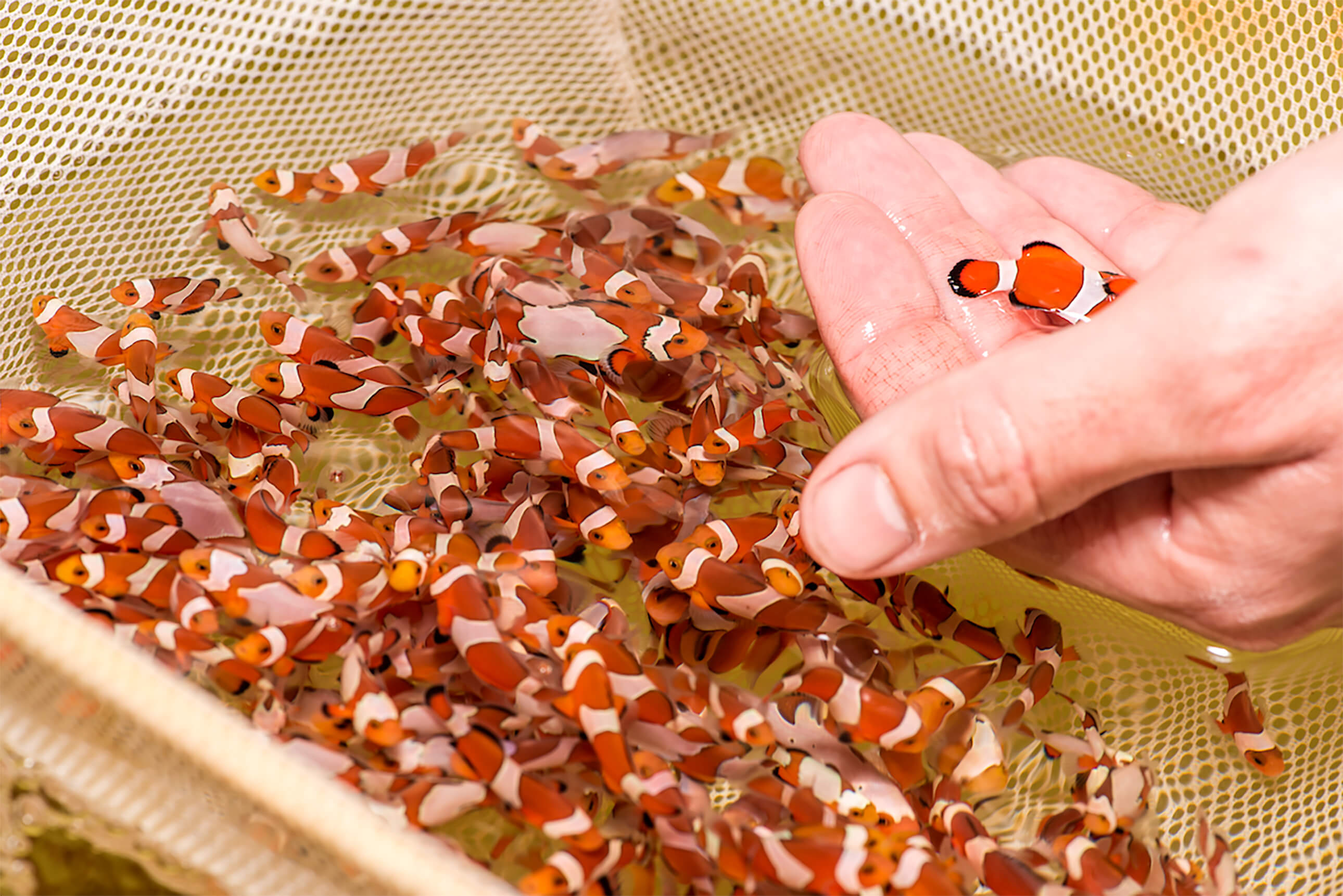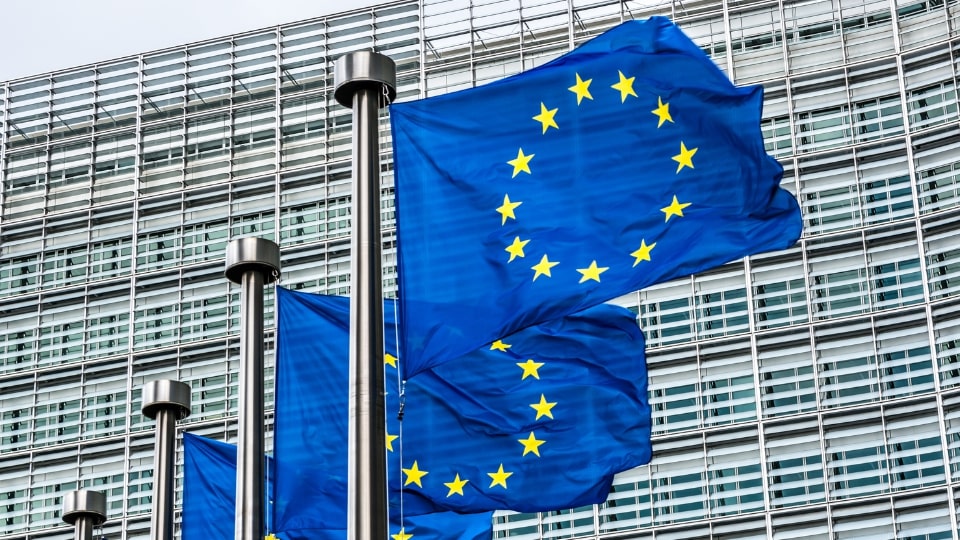
Consequences for the industry could be grave unless trade actively contributes to a new process evaluating the marine ornamental fish trade.
Saving species
CITES is the Convention on International Trade in Endangered Species of Wild Fauna and Flora. It is an international agreement between governments (now 183 countries) aimed at ensuring that international trade in specimens of wild animals and plants does not threaten the survival of the species.
At the latest meeting in Geneva in August 2019, it was decided that the convention should undergo a thorough process to evaluate the trade in all species of coral reef fishes for the ornamental fish trade.
However, with a tight deadline of mid-2021, there was no room for any robust inquiries and study of the trade. The process of pre-studies, an international workshop, reporting on the findings and giving recommendations would just take too long.
Sustainable or not?
Trade associations, like the European Pet Organization (EPO), Ornamental Fish International (OFI), Ornamental Aquatic Trade Association (OATA) and the Pet Industry Joint Advisory Council (PIJAC) warned that the only way to do this in such a short time would be by relying on existing old – and often biased – literature and studies from NGOs, rather than going in any depth. This would only repeat old prejudices and misunderstandings about a trade that is increasingly being conducted in a sustainable manner.
And then COVID-19 muddled things up even more. The above-mentioned trade associations that were prepared to collect data and investigate on their own, could not travel and had limited possibilities to gather any data.
As a result, CITES understood that the initial plan to make decisions at the next meeting of the Conference of the Parties in 2022, was impossible. During the online meeting of the Animals Committee this summer, it was agreed that the whole process would be postponed for three years. Conclusions are now aimed to be reached by 2025.
The future?
What the outcome will be, largely depends on how helpful live fish trade operators will be towards the trade associations’ representing them in CITES. And whether the industry at large (including food and accessory manufacturers) is willing to supply funds and other resources to make efficient investigations into the fish trade possible.
Negative findings in the process could lead to popular species becoming CITES-listed and subject to trade restrictions. This will also negatively impact the rapidly growing captive breeding industry.
The latest articles

How pet parents will shop for their pets this Christmas
A new survey takes the pulse on holiday shopping trends in the UK, including popular categories and average spending.

General Mills’ pet portfolio posts negative performance
Both revenue and net sales dropped by 4% in the last quarter amid less demand.

Negotiations of new EU rules on sustainable packaging to kick off in 2024
The Council and the Parliament will start the legislative process to design regulations regarding the packaging and packaging waste proposal put forward by the European Commission last year.
Weekly newsletter to stay up-to-date
Discover what’s happening in the pet industry. Get the must-read stories and insights in your inbox.